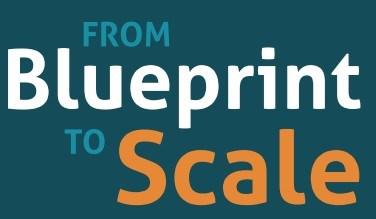
This report springs from a point of view shared by Monitor and Acumen Fund—that philanthropy is the essential but often overlooked catalyst that unlocks the impact potential of inclusive business and impact investing. The report has been created with funding from the Bill & Melinda Gates Foundation. The key themes discussed here are based on the sum of Monitor’s extensive research into more than 700 inclusive businesses in Africa and India, and Acumen Fund’s decade of experience as a pioneering impact investor. They also draw together the experiences and observations of dozens of impact investors, grant funders, academics and other experts who were generous enough to share their thoughts with us. In addition, a Monitor team conducted a three-month study of companies in the Acumen Fund portfolio whose development had been significantly affected by grant subsidies, to further develop our insights and provide helpful illustrations. Four company case studies are contained in the main report, and two further case studies can be found as an appendix. Finally, a thoughtful, diverse and generous group of external expert reviewers helped us to fine-tune the report and its recommendations for clarity and impact. This report has focused on developing an in-depth, demand-side understanding of the needs and challenges facing inclusive businesses, rather than on studying the drivers and constraints of grantmakers and investors. However, we acknowledge that the latter is a valuable area for further study and action going forward. At the beginning of 2012, there is no end in sight for the economic malaise and fiscal crisis that is gripping many parts of the developed world. Global growth is slowing, even in emerging economic powerhouses like India, billions of people remain trapped in poverty. As politicians debate the best way to reform the financial system to prevent future collapses, protestors around the world are questioning the moral foundations of the capitalist system itself.
Despite the crisis, shifting attitudes, new technologies and the promise shown by the microfinance revolution have led to new opportunities for market-based innovations to serve the global poor. These are being pioneered by ambitious entrepreneurs who are taking great risks for little potential financial reward, but for tremendous potential social value. Such ideas have elicited a rush to the new field of ‘impact investing’. Hundreds of funds have been set up in just a few years and billions of dollars are to be invested in the next year alone.
But the field is young and doubts are creeping in as many investors report that they are struggling to find good opportunities in which to invest for impact. Why is that? And can impact investors take the pioneers of ‘the next microfinance revolution’ all the way from idea to scale? These are important questions, not just for these new investors but for the private philanthropists and aid donors who have been working on these issues for decades. If market-based solutions hold real promise for impact, how should funders in development engage to catalyze its full potential? If impact investing capital is the key to scaling these solutions, what is the role of philanthropy?
